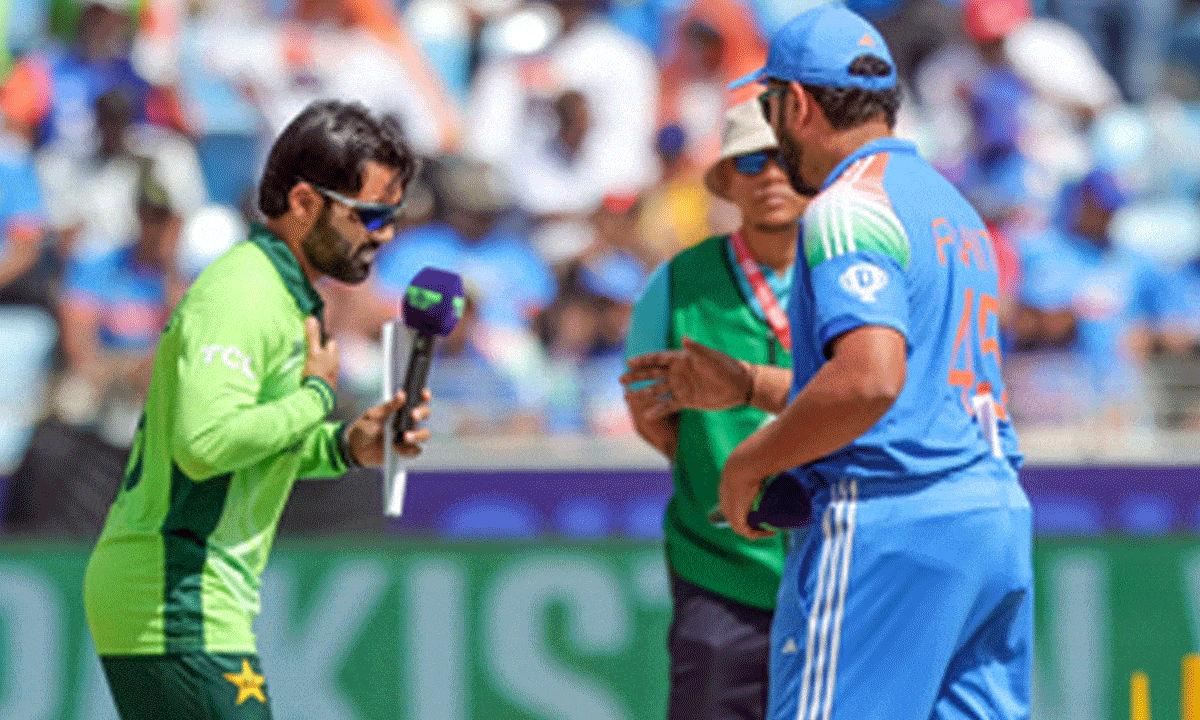Double standards! ACC must have got green signal from BCCI’: Danish Kaneria on Indo-Pak match
In the detailed fixtures announced by the ACC on Saturday, India and Pakistan are set to meet in the Asia Cup group stage clash on September 14.

New Delhi: Former Pakistan spinner Danish Kaneria, while sharing his take on the Asia Cup schedule which was long mired in controversy and debate, stated that India-Pakistan clash likely came after the Asian Cricket Council (ACC) received approval from the Board of Control for Cricket in India (BCCI).
In the detailed fixtures announced by the ACC on Saturday, India and Pakistan are set to meet in the Asia Cup group stage clash on September 14.
The announcement came just days after a highly sensitive episode involving the India Champions team, which had withdrawn from a scheduled clash against Pakistan Champions in the World Championship of Legends.
Also Read: Bomb threat to Tamil Naidu CM Stalin’s residence turns out to be hoax
“Cricket should happen (between the two countries)… People are talking about it because a recent incident occurred where there was supposed to be an India-Pakistan match at the World Championship of Legends, but ex-India cricketers boycotted the match. That move hinted that perhaps India would also skip playing Pakistan in future events like the Asia Cup or even ICC tournaments. The boycott made headlines, and many statements followed, creating an impression that India might not participate in matches against Pakistan.
“But then there was an online meeting where Mohsin Naqvi – who is both the PCB chairman and the head of the Asian Cricket Council – and BCCI representatives were present. The ACC must have received a green signal from the BCCI, which is why the India-Pakistan match was scheduled,” Kaneria told IANS.
Kaneria believes BCCI should have taken more time and consulted top leadership before committing to such a high-stakes fixture.
“I believe the BCCI should have given it more thought and taken time before making a decision. There shouldn’t be double standards – sometimes yes, sometimes no. If you’re talking about patriotism, then you have to stand by it consistently. From now until the day of that match, you’ll see the hype and chaos build up. And then people will start questioning the earlier stand taken by the cricketers.
“Either say clearly that sports and politics are separate, or maintain a firm stand across the board. No double standards. If it’s no, then let it be no. If it’s yes, then say yes and stand by it,” he said.
Kaneria said the absence of India from a tournament affects everything – from TV rights and sponsorships to global viewership.
“At the end of the day, what difference does it make to the BCCI? They generate nearly 99 per cent of the cricketing revenue. The top cricketing nations – Australia, England, South Africa, New Zealand – they all want to play India because their players are part of the IPL, which is the biggest and most lucrative league in the world.
“Let’s face it: if India doesn’t participate, TV rights don’t sell, advertisements drop, and the viewership takes a hit. Just one India-Pakistan game draws astronomical viewership…” Kaneria added.
He concluded by saying that the BCCI should adopt a transparent and consistent approach. “When you’re in a position of power, you need to be able to distinguish and define – either cricket is separate, or it isn’t. If patriotism matters, it must be consistent. Not for a day, not for a week, but always. You can’t change your stance every few weeks. Once a decision is made, stand by it. That’s what I didn’t understand – why was the decision taken so quickly?”
